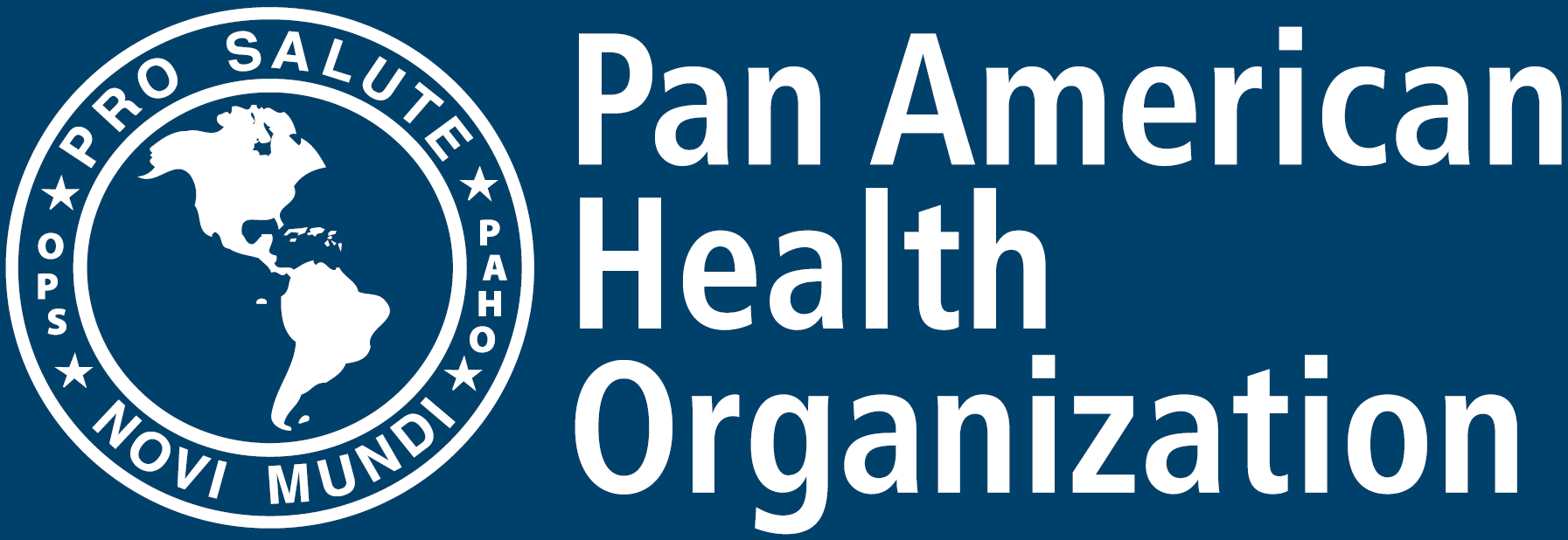Implementing Organization
Executive Secretariat of the Inter-American Drug Abuse Control Commission (ES-CICAD)
Description
Gender generally features in discussions on the drug problem. Still, few of the responses or interventions that tackle the consequences of drugs include tangible components and solutions that address gender imbalances in the criminal justice system. The program aims to foster an improved understanding of the gender dimensions in the criminal justice system by providing training, technical assistance, and expertise in developing and implementing alternatives to incarceration for low-level, drug-related offenses.
Background
Accomplishments to Date
- ES-CICAD works with countries in the Americas to support evidence-based interventions and strengthen the ability to monitor and evaluate ATI programs from a gender perspective.
- ES-CICAD supports the development of gender-based ATI interventions, identifying and responding to the needs of vulnerable populations and developing technical tools, manuals, and protocols for ATI initiatives.
- ES-CICAD has trained and/or sensitized more than 220 policymakers and operators in the criminal justice, health, and social services systems on the importance of incorporating a gender perspective.
- ES-CICAD developed a compendium of promising practices for gender mainstreaming in ATIs for drug-related offenses (with the participation of 8 countries).
- Alongside an external partner, ES-CICAD is building a program for promoting the development and implementation of Gender-Responsive ATI for Drug-related Offenses in several OAS Member States.
Project Activities
- Establish a dialogue with the country, building strategic partnerships, institutional capacity, and engagement of all relevant stakeholders.
- Undertake diagnostic studies/pre-assessments on gender.
- Plan awareness-raising activities.
- Develop a specialized gender-responsive training curriculum adapted to the needs and interests of each participating country.
- Deliver both virtual and in-person trainings to criminal justice, health, and social services operators in participating countries.
- Carry through technical assistance to develop and implement Gender-Sensitive Alternatives to Incarceration programs and practices.
- Develop guidelines for the implementation of Gender-Sensitive ATI pilot programs.
Global Level Outcomes
- Increase global dialogue and awareness on the importance of considering gender dimensions in developing and implementing ATI policies and programs for drug-related offenses.
- Creation of a gender-responsive training curriculum that can be adapted to each participating country.
National Level Outcomes
- Increase knowledge and skills on ATIs with gender perspective among policymakers and operators in the criminal justice, health, and social services institutions.
- Strengthen institutional capacity and sustained use of gender-sensitive ATI.
- Increase the number of pilot projects for the development and implementation of gender-responsive ATIs.
Contact
For the Americas: Antonio Lomba, Unit Chief, Institutional Strengthening, (ES-CICAD/OAS). Email: alomba [at] oas [dot] org (alomba[at]oas[dot]org) Website: https://www.oas.org/ext/en/main/oas/our-structure/gs/sms/cicad/institut…
Current State Participants
Antigua & Barbuda
Argentina
Costa Rica
Colombia
Dominican Republic
Jamaica
Peru
Trinidad & Tobago




